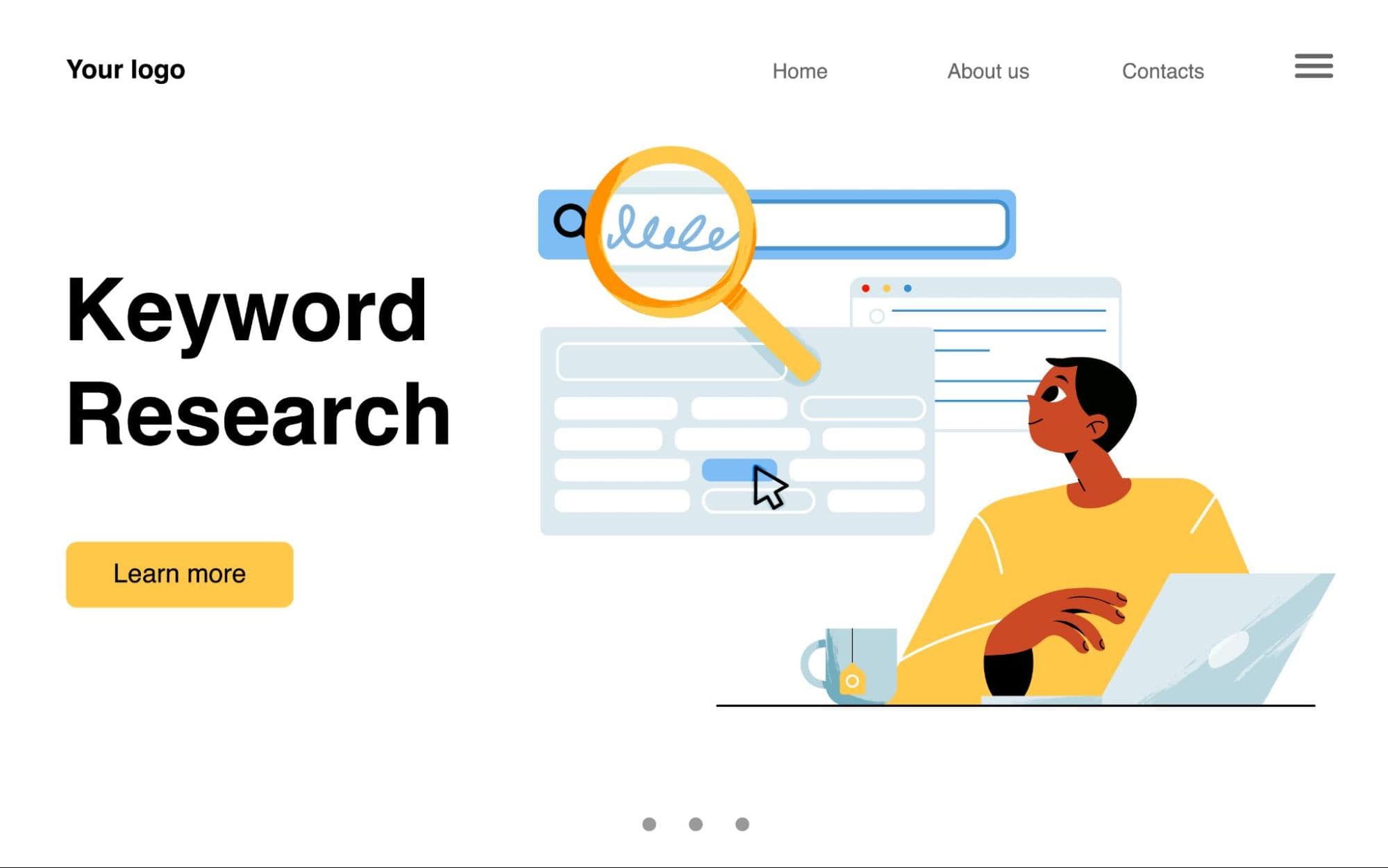Every few months, headlines pop up declaring “SEO is dead.” Whether it's the rise of AI tools, new social media platforms, or constant changes to Google's algorithm, it’s easy to feel like search engine optimization is no longer effective. For business owners, marketers, and content creators, this message creates doubt, especially when the rules seem to shift overnight.
SEO is not dead, it’s evolving. While outdated tactics like keyword stuffing or spammy backlinks no longer work, the core principles of SEO are stronger than ever. Today’s SEO focuses on relevance, quality, trust, and user experience. Google still relies on optimized, structured content to understand and rank websites, and users still depend on search engines to find helpful, reliable information.
In this article, we’ll explore why SEO continues to matter in 2025, how it’s changed, the myths surrounding it, and what modern SEO looks like today.
Is SEO Dead? 9 Real Reasons It Still Dominates Search

The digital landscape moves fast. New platforms, tech breakthroughs, and constant algorithm updates lead many to think traditional SEO is being phased out. But this fear often comes from misunderstanding what SEO is now versus what it was.
- Google’s frequent algorithm changes have made older tactics less effective.
- AI-generated answers are now appearing at the top of search results.
- User behavior is changing, with people expecting faster, more personalized content.
All of this sparks confusion and fuels the idea that SEO no longer works but that’s not the full story.
SEO Then vs. Now: What's Changed?
SEO has undergone a major transformation over the years. What worked in 2010 won’t cut it today.
Old-school tactics that no longer work:
- Keyword stuffing
- Buying backlinks or using link farms
- Thin, low-quality pages created just for rankings
Today’s focus is on user experience:
- Writing content that answers real questions
- Creating helpful, well-structured articles
- Building trust and authority over time
Google’s algorithm now prioritizes Helpful Content, E-E-A-T (Experience, Expertise, Authoritativeness, Trustworthiness), and the overall value delivered to users. It’s no longer about tricking the system it’s about serving the audience.
SEO Isn’t Dead It’s Just Transformed

While outdated techniques are gone, SEO’s core principles are still alive and well.
- Relevance: Matching content to what users are searching for
- Authority: Earning trust through backlinks, citations, and expertise
- Crawlability: Ensuring your site can be found and indexed by search engines
Foundational elements like keywords, metadata, structured data, and on-page optimization still matter. They’ve just become part of a larger, more strategic picture focused on quality over quantity.
Debunking the "SEO Is Dead" Claims
Let’s look at some familiar myths and why they don’t hold up.
“AI has replaced search engines” AI tools like ChatGPT or Gemini may answer questions, but they pull information from websites. That means your content still needs to be available, accurate, and optimized to be found and used.
“Social media is the new search” While platforms like Instagram or TikTok help with discovery, they don’t replace Google. In fact, they work alongside SEO to boost visibility. Social media drives engagement, but organic search drives targeted, long-term traffic.
“Organic reach is gone” Paid ads might dominate the top spots, but organic results still receive the majority of clicks. SEO provides a sustainable traffic source that doesn’t disappear once your ad budget runs out.
What Modern SEO Looks Like in 2025

SEO today is about understanding people and search intent not just algorithms.
- Writing helpful, expert-level content for a specific audience
- Using semantic keywords and natural language to match how users speak
- Prioritizing mobile-first design and Core Web Vitals for performance
- Implementing structured data to help search engines better understand your content
- Making your website accessible, fast, and easy to navigate
It’s not just about ranking it’s about making your site genuinely useful and trustworthy.
SEO Challenges in 2025
Even though SEO is still important, that doesn’t mean it’s easy. The road to ranking is more competitive than ever.
- Google updates are frequent, making SEO feel unpredictable
- AI-generated content floods the web, lowering content quality and increasing noise
- Top search spots are more competitive, especially in industries like health, finance, and beauty
But these challenges also create opportunities. Brands that focus on quality, trust, and expertise have a real advantage.
Why SEO Still Matters for Long-Term Growth
Despite the changes, SEO continues to deliver real, measurable results especially over the long run.
- Organic traffic is free, sustainable, and scales over time
- Good SEO builds brand authority and visibility
- It improves content discoverability, making it easier for users to find you
- SEO supports your entire digital marketing strategy, from blogs to YouTube
Instead of chasing trends, businesses that stay consistent with modern SEO best practices build a stronger foundation for growth.
Conclusion
Despite the noise, SEO remains a powerful digital marketing strategy. It has shifted from technical to a user-focused, content-driven approach but is far from obsolete. Businesses adapting by prioritizing quality content, site structure, and trust-building will thrive online.
As algorithms improve and competition increases, expert-led SEO becomes crucial. SEO now focuses on earning visibility through value, not system manipulation. Ignoring SEO risks falling behind, while embracing its evolution paves the way for long-term success.
SEO isn’t dead. It’s simply growing up and the businesses that grow with it will be the ones that lead the digital future.
FAQs
Only if it provides value, accuracy, and follows Google's Helpful Content guidelines. Low-quality, spammy AI content won’t perform well.
Paid ads offer short-term results, but SEO builds long-term visibility and doesn’t require continuous ad spend.
The future is about user-first content, semantic understanding, and technical performance. Voice search, AI, and personalization will continue to shape how SEO works.

